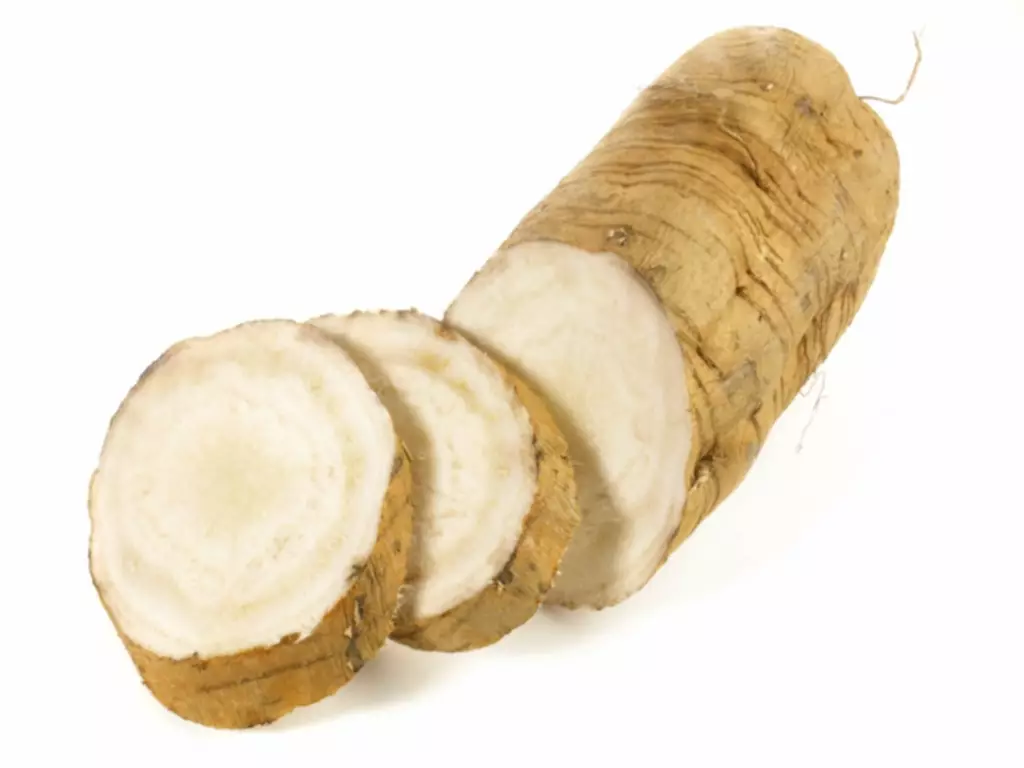7 Conditions That Might Increase Your Risk of Dehydration
Greed Of A Few Leaders Gives League A Bad Name Jubo, Says Harun
janvier 18, 2022Content
- Thanksgiving Is Tempting: How To Stay Sober
- Tips To Avoid Alcohol-Related Dehydration
- Why Does Alcohol Dehydrate You? Tips to Minimize Dehydration and How to Rehydrate Quickly
- Non-Alcoholic Wines Worth Trying in Dry January and Beyond
- Energy drinks
- Alcohol Does Dehydrate You. Here’s What to Do About It
- Low water intake
That’s why the phrase « break the seal » exists, because alcohol causes the urine floodgates to open, and it seems like much of your night out is spent in the restroom. And if you’re feeling that pounding headache, excessive thirst or sluggishness the following day, these are common hangover symptoms that indicate dehydration. For example, research from 2017 found that in elderly men at risk of dehydration, moderate consumption of high alcoholic beverages such as wine and liquor caused a diuretic effect. Beverages with lower alcohol content, such as beer, did not appear to have this effect. Keeping your blood sugars well-balanced can be a win-win for your hydration.

The mechanism
rate is different for primary, secondary and tertiary alcohols. In the case of
tertiary, the carbonation is much stable so the rate of hydration is greatest
for tertiary alcohols as compared to primary and secondary alcohols. The
dehydration process takes place in the three-step mechanism. Diabetes is a common health condition that increases your risk of dehydration.
Thanksgiving Is Tempting: How To Stay Sober
One probably involved craving cold water and urinating a few shades darker than normal, while the other probably involved feeling like your head was in a vice and being unwilling to get out of bed. What’s perhaps more surprising, though, is that scientists have known that alcohol does not cause dehydration since as early as 1942. Second, if you weigh 60 kilograms, you generate about 60 millilitres of urine each hour. And for 80 kilograms, about 80 millilitres per hour, and so on. It’s a small molecule and gets very quickly through the walls of the gut into the bloodstream and then to the brain. But over time, too much alcohol can set off diabetes and malnutrition, and diseases of the central nervous system and the liver.
But the results of not getting help in time can be far more serious. If you think that someone has alcohol poisoning, seek medical care right away. Electrolyte imbalances can interfere with the quality of your sleep. For example, low sodium levels have been linked to restlessness and difficulty sleeping.
Tips To Avoid Alcohol-Related Dehydration
And a rise in your body temp may make dehydration even more likely. Poor appetite, diarrhea or vomiting can cause more fluids to exit your body, making matters worse for dehydration. Generally, developing dehydration is possible if it’s a bacterial or viral infection or food poisoning. When we fall short of meeting adequate water intakes, it can wreak havoc on our bodies. « Water is vital for life! Our bodies need water to function properly, and it’s important to remember that our bodies are made up of almost two-thirds water, » says Stokes.
This can lead to drinking less additional liquid after having a drink such as a soda, which could make the effects of dehydration worse. Drinking 2–3 cups of coffee a day may be an acceptable practice to maintain moderate coffee consumption. An increased intake of coffee may cause a diuretic effect that promotes dehydration. Drinks containing high amounts of alcohol, caffeine, and sugar are most likely to perform as diuretics in the body and promote dehydration. Below is a list of drink types that fall within these categories. Learning to listen to your body, recognizing the signs of dehydration, and drinking plenty of water during the day can also ensure you’re meeting your fluid needs.
Why Does Alcohol Dehydrate You? Tips to Minimize Dehydration and How to Rehydrate Quickly
Dehydration is when the body does not have sufficient amounts of fluid to function effectively. This happens when a person loses more fluids than they take https://ecosoberhouse.com/ in. This is when a male rapidly consumes five or more alcoholic drinks within two hours or a female consumes at least four drinks within two hours.
This can increase your BAC significantly if you don’t replenish your body’s supply with a few sips of water as you drink. Acetate and other waste products are then removed from the body as carbon dioxide and water, primarily through lungs. Although the kidneys remove waste products, most of the water loss is due to does alcohol dehydrate you the effect of vasopressin. Your body’s metabolism can turn some components of alcohol into nutrients and energy. This happens at a rate of about one beer, a small glass of wine, or one shot of liquor per hour. So what can you do to make sure you don’t get that infamous hangover headache caused by dehydration?
